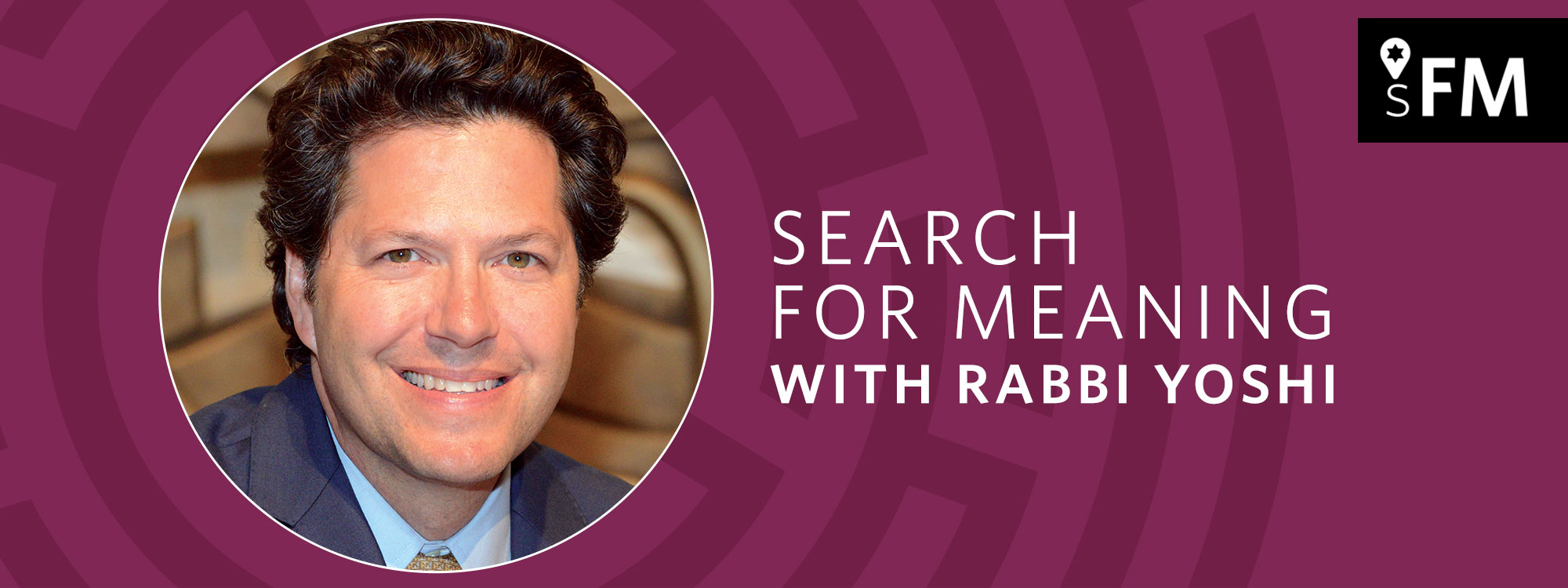Praying for a Miracle
We have been reading reports about the building collapse in Surfside, Florida, hoping desperately that survivors will be found. First responders, including a team sent from Israel, are working through the night trying to rescue anyone who might have survived this terrible tragedy. In the face of such devastation, it’s natural to pray for a miracle.
The Talmud, the 1500-year-old text that is the very heart of rabbinic Judaism, asks somewhat surprisingly if such a prayer is even appropriate.
Imagine you are returning from work, the Talmud suggests, and as you get closer to your home, you see smoke billowing up to the sky and you fear that it might be your house on fire. Would it be, the rabbis wonder, appropriate to offer the following prayer in such a situation: “Please God let it not be my house in flames!”
They reason that since the event itself has already occurred, this would be an example of a prayer said in vain. Either the house in question is yours or not, and no prayer can change that reality or undo the past.
Knowing that, what prayer can we offer and what might it teach us?
We cannot ask to “undo” the tragedy. For a whole host of reasons including unforgivable negligence, more than 18 deaths have been confirmed so far with more than 140 still missing. Nothing can change this harsh reality, but we can pray that rescue workers find the fortitude to continue to do their work with skill and determination so that any possibility of saving additional lives might be realized. We can pray that future misfortunes be prevented because of the lessons we learn from this moment. We can pray for a deeper awareness of the fragile, finite nature of our existence so that we will grow to be more appreciative of the ultimate gift: life itself. We can pray for comfort and community to surround the families of the missing as they wait and worry.
We can pray to hold on to hope, not necessarily for a miracle, but for the strength to carry on in the absence of one. We cannot change the past but that doesn’t mean that in the face of a tragedy we give in, collapsing emotionally in the face of physical trauma.
The Talmud relates an inspiring story of how through a combination of strength, ingenuity and hope, we might face moments like this one.
“Rabbi Abbahu entered a bathhouse when the bathhouse floor collapsed beneath him and a miracle transpired on his behalf. He stood on a pillar and saved one hundred and one men with one arm” (Berakhot 60a).
The commentators explain that it wasn’t that Abbahu had superhuman strength; rather, he reached out and grabbed one person’s hand who held on to another, who held on to another, and a human chain was formed that saved the lives of all of those souls.
While this is certainly an example of rabbinic hyperbole, it is one that comes to teach us an important lesson. We cannot change the past—no prayer could undo the tragedy that Rabbi Abbahu witnessed. But he holds on to hope and helps make a miracle happen. The miracle—at least as it is viewed through the lens of the commentators—is not a supernatural one: it is simply people working together, joining hands to save lives.
We will not give up hope. We will continue to work, to offer support, encouragement, and, yes, our prayers, so that somehow, some way, lives might be spared. And if, God forbid, no one else can be saved, then we will join hands in grief so that we can comfort one another and honor those we have lost.
— Rabbi Yoshi Zweiback

